A new stimulus check proposal called the DOGE initiative is making headlines. It was introduced by James Fishback and has the backing of big names like Donald Trump and Elon Musk. The plan aims to give between $1,200 and $5,000 to net taxpayers. However, low-income households would not be included. While the idea sounds promising, it hasn’t been approved yet due to several major concerns.
What Is the DOGE Stimulus Check Proposal?
The DOGE proposal is about sending one-time stimulus checks to people who are net taxpayers — meaning they pay more in taxes than they receive in government aid. The original amount was set at $5,000 per household, but it was later reduced to a range of $1,200 to $2,500 due to limited government savings.
The plan was to fund this through the Department of Government Efficiency (DOGE), which was expected to save $2 trillion over 18 months. Of that, 20% would be used for stimulus payments and another 20% for reducing the national debt.
Why Is It Not Approved Yet?
The main issue is money. The savings DOGE promised have not been confirmed. In fact, according to a report from the Congressional Budget Office (CBO), the federal deficit increased by 5% in February 2025, which makes it unclear if the DOGE department can really save such a huge amount.
Economists and policy experts are questioning whether this plan is practical. For example, Elaine Kamarck from the Brookings Institution called the idea “ludicrous” due to the lack of reliable funding.
Even Elon Musk, who initially supported the plan, later raised doubts about whether DOGE could actually deliver the promised savings.

Who Is Supporting and Who Is Against It?
James Fishback, the man behind the proposal, believes the checks would build public trust and won’t lead to inflation because the money would come from savings, not new spending.
Donald Trump is open to the idea but only if it helps cut the national debt. House Speaker Mike Johnson, however, prefers to use any savings solely for reducing the federal deficit rather than giving out checks.
Opinions from experts are mixed. Jay Zagorsky from Boston University warns that giving out this money could fuel inflation. Meanwhile, Kevin Hassett, a former advisor to Trump, argues that because the money is already in the budget, it wouldn’t impact inflation.
Who Is Eligible for These Checks?
Only net taxpayers will qualify. That means you must pay more in federal taxes than you receive in benefits. Also, if your adjusted gross income is below $40,000, you won’t be eligible.
Fishback has also suggested that the plan might include an employment requirement, so only those working or seeking work would get the money. The plan expires in July 2026, which means lawmakers have limited time to make it happen.
What’s Next for the Proposal?
A big challenge is that the Trump administration is requesting $1.1 trillion in borrowing for 2025, which adds even more pressure on the federal budget. Until the DOGE department can prove it has the savings to back this plan, the checks may not become a reality.

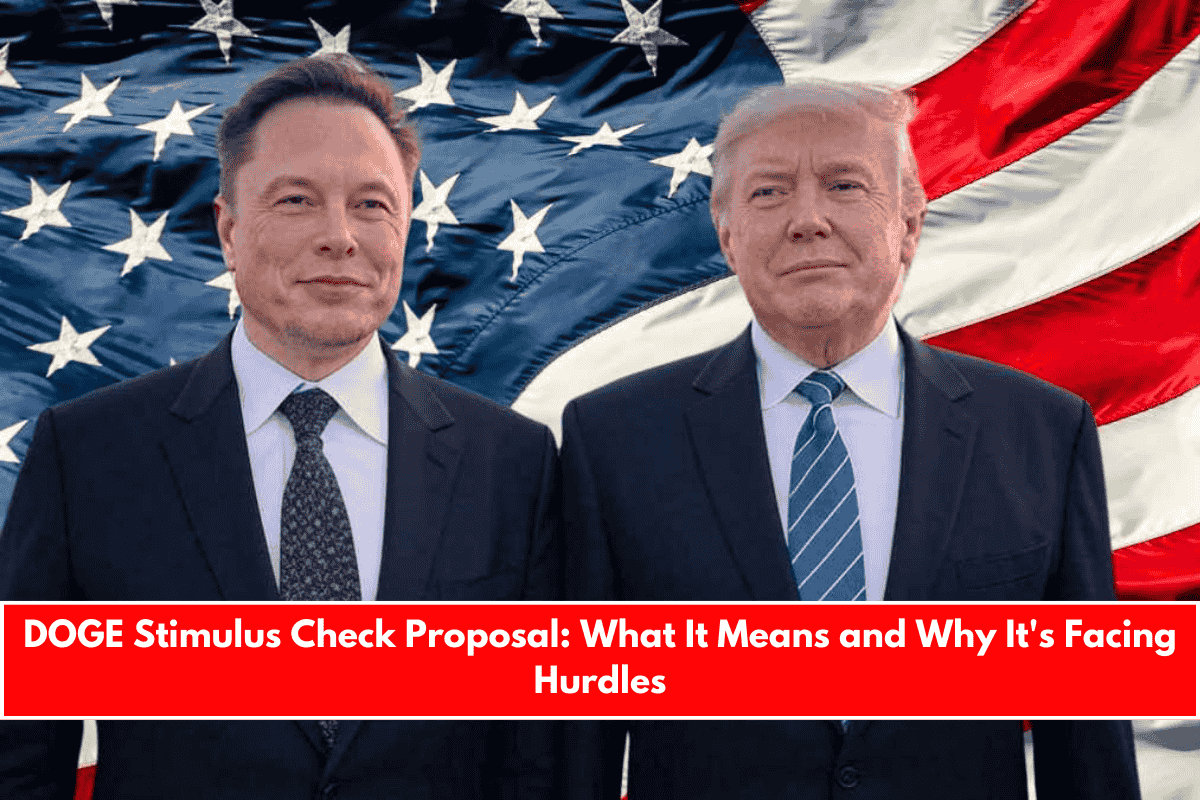
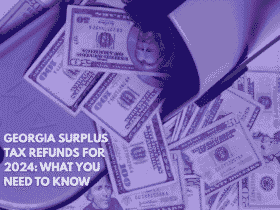

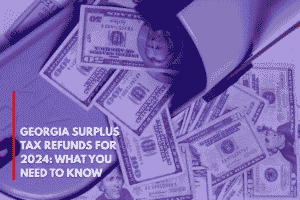
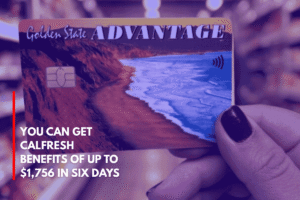





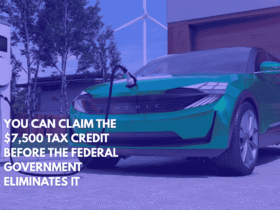
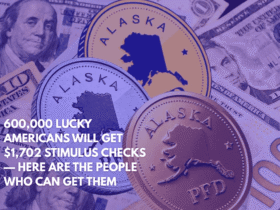

Leave a Reply